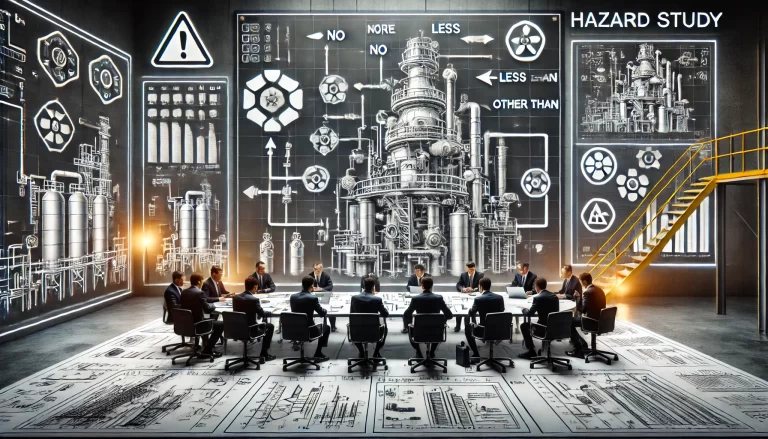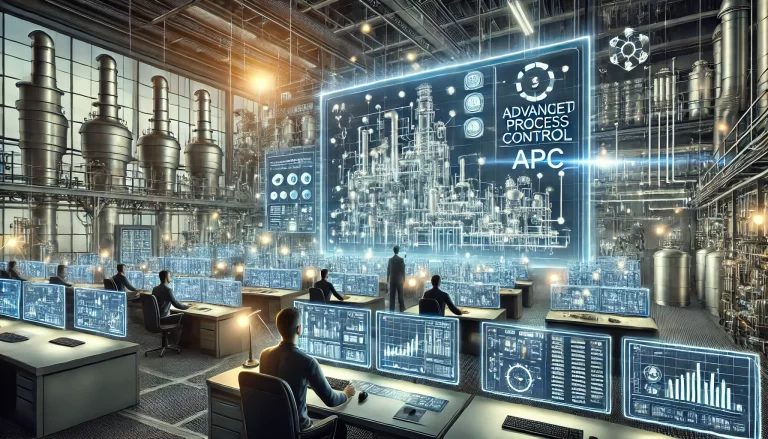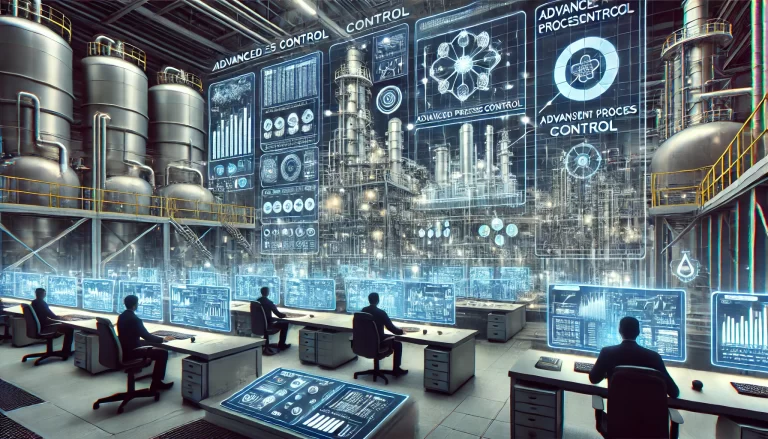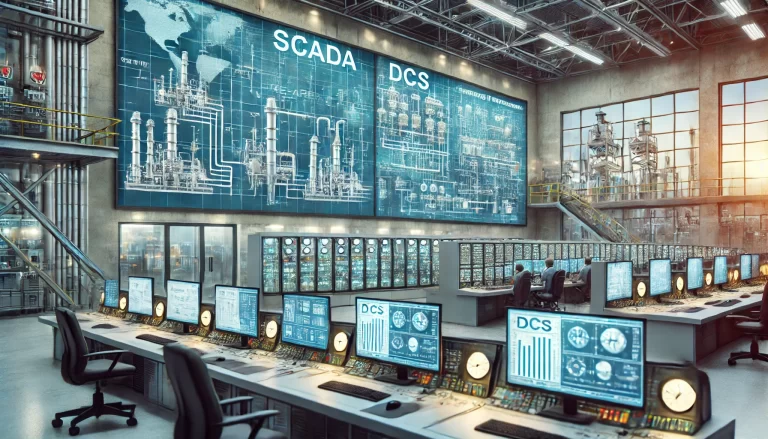In recent years, Advanced Process Control (APC) has emerged as a key technology in complex industrial production systems. As industries evolve towards greater automation and efficiency, APC is becoming a mainstream tool for optimizing operations. This article explores the reasons why APC is being widely adopted in these environments and how it contributes to improving production processes.

1. Enhancing Production Efficiency
APC’s primary benefit lies in its ability to improve overall production efficiency. In complex production systems, there are numerous variables that need to be constantly monitored and adjusted to maintain optimal performance. APC uses sophisticated algorithms and predictive models to analyze these variables in real time, allowing the system to predict future changes and make proactive adjustments. By minimizing fluctuations and maintaining stability, APC helps to maximize throughput and minimize production downtime.
For example, in the petrochemical or refining industries, production processes often involve managing the flow rates, temperatures, and pressures of various streams simultaneously. APC integrates multivariable control, making real-time adjustments to maintain equilibrium between these factors, thus keeping the process running at its most efficient state.

2. Improving Product Quality
Consistent product quality is a critical goal in any production environment. Variability in raw materials, environmental conditions, or equipment performance can affect the final product, leading to deviations in quality. APC addresses this challenge by controlling multiple parameters with high precision. Its ability to maintain critical process variables within narrow operating ranges ensures that products meet strict quality standards.
For industries such as pharmaceuticals or food processing, where even small deviations in temperature or ingredient proportions can affect product quality, APC can significantly reduce waste and improve product uniformity. By continuously fine-tuning processes, APC delivers a level of control that traditional systems cannot achieve, reducing variability and improving output consistency.

3. Reducing Operational Costs
One of the most tangible benefits of APC is its potential to lower operational costs. Complex production systems consume significant amounts of energy and resources, making efficiency a key factor in reducing operational expenses. APC systems are designed to optimize the use of energy and raw materials, identifying the most efficient ways to operate the equipment while maintaining production targets.
For example, in the energy-intensive industries of steel or chemical manufacturing, APC can reduce energy consumption by managing the heat balance more efficiently, or by avoiding overuse of materials in processes like blending or mixing. By minimizing excess energy usage and reducing waste, APC directly contributes to cost savings.
Additionally, APC can prolong the life of critical equipment by preventing overuse and avoiding conditions that lead to excessive wear and tear. This results in lower maintenance costs and less downtime due to unexpected equipment failures, ultimately reducing total operational expenses.

4. Managing Complexity in Multivariable Systems
Modern production systems are increasingly complex, often involving dozens or even hundreds of process variables that interact with each other. Traditional control methods, such as single-loop feedback control, struggle to manage such complexity, leading to inefficiencies and potential process instability. APC, however, excels in handling these multivariable systems by integrating advanced algorithms like model predictive control (MPC).
MPC allows APC systems to predict the future behavior of multiple variables and make adjustments accordingly, keeping the system within its desired operational limits. This predictive approach is crucial in maintaining balance and stability in complex systems where changes in one variable can ripple through the entire process, affecting other parts of the system.
For instance, in chemical reactors, where temperature, pressure, and concentration must be balanced carefully, APC can anticipate disturbances and adjust the system’s parameters to prevent deviations from the desired operating conditions.

5. Reducing Human Error and Enhancing Safety
In complex industrial environments, human error can lead to costly mistakes and dangerous situations. APC systems, by automating the control of critical process parameters, reduce the reliance on manual intervention, thereby minimizing the risk of human error. Automation allows for more consistent and accurate control, which is particularly important in industries with stringent safety regulations.
Moreover, APC systems can continuously monitor process conditions and detect abnormal behavior early on, triggering alarms or corrective actions before the situation escalates. For instance, if pressure in a system rises to dangerous levels, APC can automatically initiate corrective measures to bring the system back into a safe state, protecting both the equipment and the operators.
In industries such as oil and gas, where safety is paramount, APC plays a vital role in reducing the likelihood of hazardous events and improving overall operational safety.
6. Adapting to Market Demands
In today’s fast-paced market environment, industries need to be flexible and responsive to changing customer demands. APC supports this adaptability by allowing production systems to adjust quickly and efficiently. It can optimize production for different operating conditions without compromising performance or quality.
For example, in the manufacturing of consumer goods, an APC system can help the production line switch from one product variant to another with minimal downtime, ensuring that customer demand is met promptly. This flexibility is particularly important in industries with fluctuating demand or customized product requirements.

Conclusion
The growing complexity of industrial production processes, coupled with the need for greater efficiency, precision, and safety, has driven the widespread adoption of APC. By enhancing production efficiency, improving product quality, reducing costs, and managing complex variables, APC provides a comprehensive solution for modern industries.
As automation and digitalization continue to evolve, APC will remain a critical tool for industries striving to optimize their operations and maintain a competitive edge. Its ability to adapt to complex environments, coupled with the potential for cost savings and improved safety, ensures that APC will continue to play a pivotal role in the future of industrial process control.
